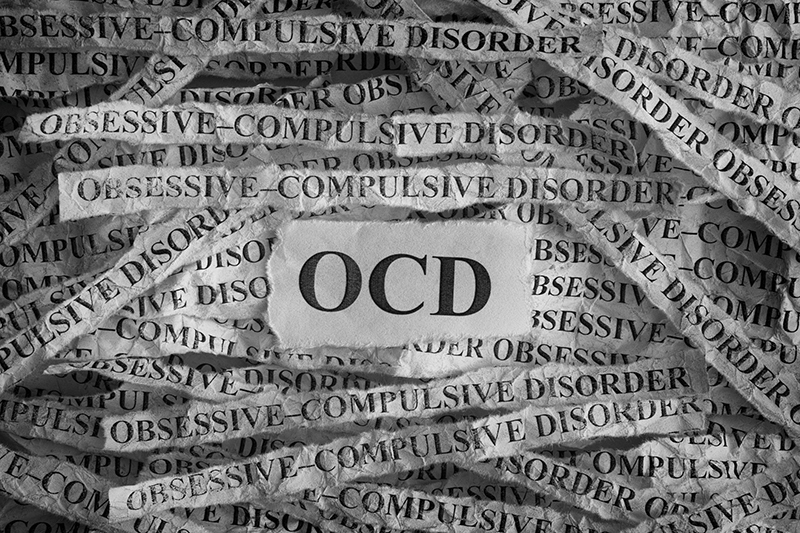OCD is diagnosed when the obsessions and compulsions:
- Consume excessive amounts of time (approximately an hour or more)
- Cause significant distress and anguish
- Interfere with daily functioning at home, school or work, including social activities and family life and relationships.
Sufferers often go undiagnosed for many years, partly because of a lack of understanding of the condition by the individual themself and amongst health professionals, and partly because of the intense feelings of embarrassment, guilt and sometimes even shame associated with what is often called the ‘secret illness’. This often leads to delays in diagnosis of the illness and delays in treatment, with a person often waiting an average of 10–15 years between symptoms developing and seeking treatment.
To sufferers and non-sufferers alike, the thoughts and fears related to OCD can often seem profoundly shocking. It must be stressed, however, that they are just thoughts – not fantasies or impulses which will be acted upon.
For someone with OCD, their logical mind always remains functioning, even if their OCD mind is spiralling out of control. Most people with OCD know that their thoughts and behaviour are irrational and senseless, but feel completely incapable of stopping them, often from fear that not completing a particular behaviour will cause harm to a loved one. No matter how small the risk, the person with OCD will always feel responsible for preventing that bad event from happening.
For some people the OCD symptoms will remain unchanged, but for others it is not unusual that over time there may be changes to the type of OCD that becomes more troubling . Equally, it is not unusual for symptoms to wax and wane over time if untreated and become a little like a roller coaster, with the severity increasing during times of stress, perhaps at work, university or within relationships, for example.
Doubt is one of the emotions that feeds most obsessive and compulsive behaviour and it is this inability to live with doubt and uncertainty that continues to drives OCD. People with OCD prefer black or white answers for their OCD, rather than being able to accept shades of grey.
OCD, if left untreated will mushroom and feed upon itself and can have the power to consume if left unchallenged.
OCD is indeed a chronic, but also a very treatable medical condition.
You can learn to stop performing your compulsive rituals and to decrease the intensity of your obsessional thoughts
A person with OCD can learn to manage symptoms so that they won’t interfere with daily functioning. This allows them to regain a much improved quality of life, but it is also possible, to achieve a complete recovery from OCD.



